Contents
- How cannabis affects the perception of time
- Why marijuana slows down time: what happens in the brain
- How long does the time distortion effect last when using marijuana?
How cannabis affects the perception of time
Many people note that after smoking cannabis, time slows down and minutes begin to drag on endlessly. This is not just a subjective feeling — the effect of marijuana on the perception of time has a scientific explanation. The main psychoactive component of the plant, THC, interacts with the human endocannabinoid system, affecting the areas of the brain responsible for attention, memory, and the internal “biological clock.”
When THC binds to cannabinoid receptors, the activity of the neural pathways that regulate the perception of the sequence of events changes. As a result, the brain begins to “process” events differently — more slowly and in greater detail. This is why people feel that time slows down after smoking marijuana, and ordinary things take on a special significance.
It is worth noting that this effect can occur not only with recreational cannabis use. Even medical marijuana, used to relieve pain, anxiety, or insomnia, sometimes causes a slight sensation of time under the influence of cannabis, when perception becomes softer and the passage of minutes becomes smoother.
This distortion of time is one of the typical psychoactive effects of cannabis, which makes the experience unique and, depending on the dose and individual characteristics, can cause both a pleasant feeling of slowing down and slight disorientation.
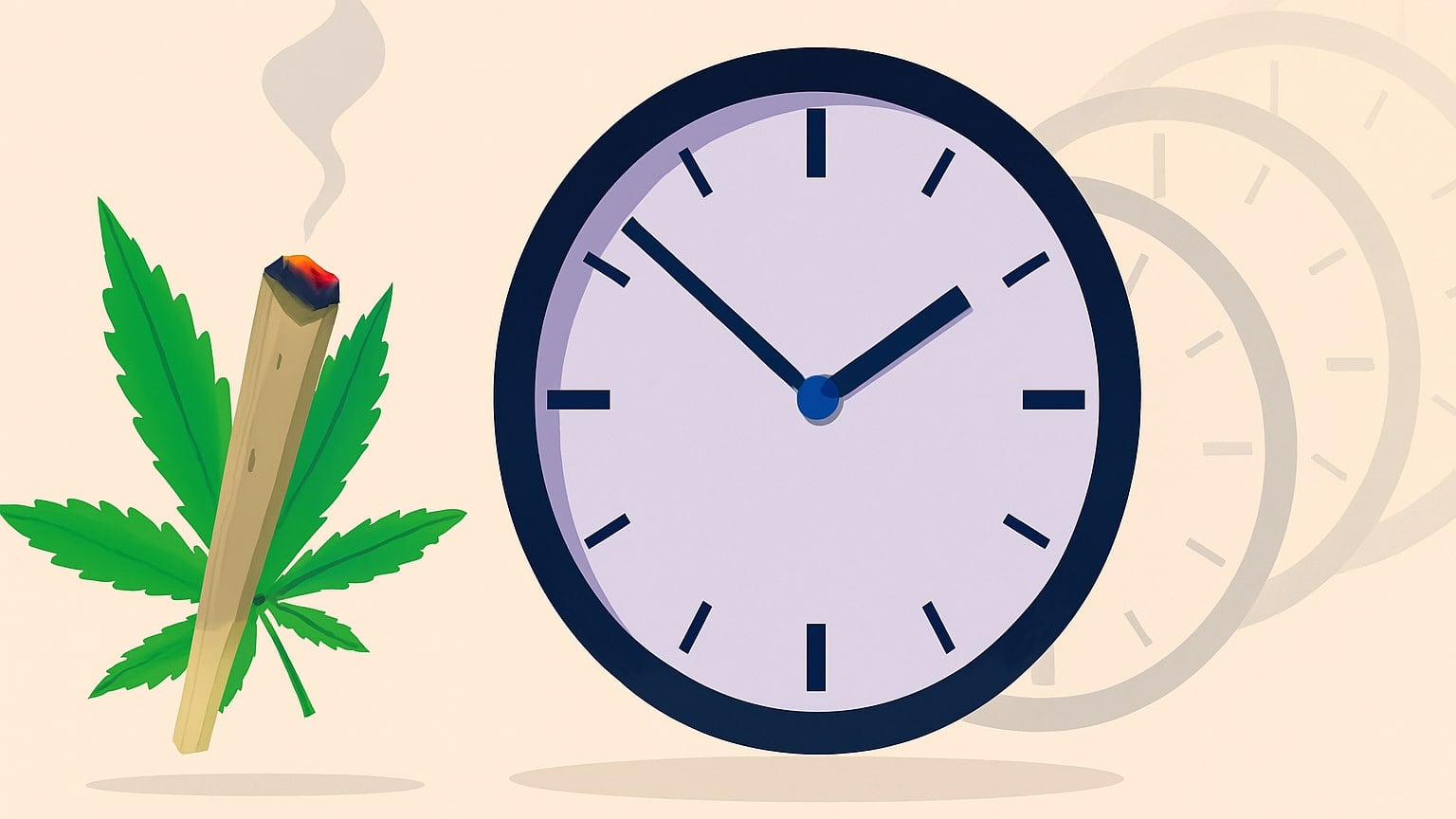
Why marijuana slows down time: what happens in the brain
To understand why time seems to slow down after smoking marijuana, you need to understand how cannabis affects the brain. The main role here is played by tetrahydrocannabinol (THC), a compound that alters the transmission of nerve impulses and affects the areas of the brain responsible for attention, concentration, and the perception of time.
When a person smokes marijuana, THC binds to CB1 receptors located in the brain. This leads to a kind of “reset” of neural activity. As a result, marijuana and the distortion of time become integral elements of the psychoactive effect.
Neurophysiologists identify several main reasons why the effect of time slowing down when smoking cannabis is so pronounced:
- Changes in the basal ganglia. These brain structures are responsible for internal rhythm and sequence of actions. Under the influence of THC, they begin to function differently, and the person loses their usual sense of the passage of time.
- Increased dopamine levels. An increase in the concentration of this neurotransmitter enhances attention and emotional response, making each moment feel more intense and prolonged.
- Slowing of cognitive processes. The brain processes incoming information more slowly, and subjectively it seems that a minute lasts forever.
Interestingly, the intensity of this effect depends not only on individual sensitivity, but also on the genetics of the plant. For example, cannabis seeds with high THC usually produce plants that cause a stronger feeling of stretched time and powerful psychoactive effects. That is why different strains can affect perception in different ways — from mild relaxation to a profound change in subjective reality.
Thus, why marijuana slows down time is not a question of mysticism, but of neurochemistry. THC interferes with the brain's mechanisms that distort perception, creating an effect in which time under the influence of cannabis seems to spread out, turning into a stream of sensations and emotions.
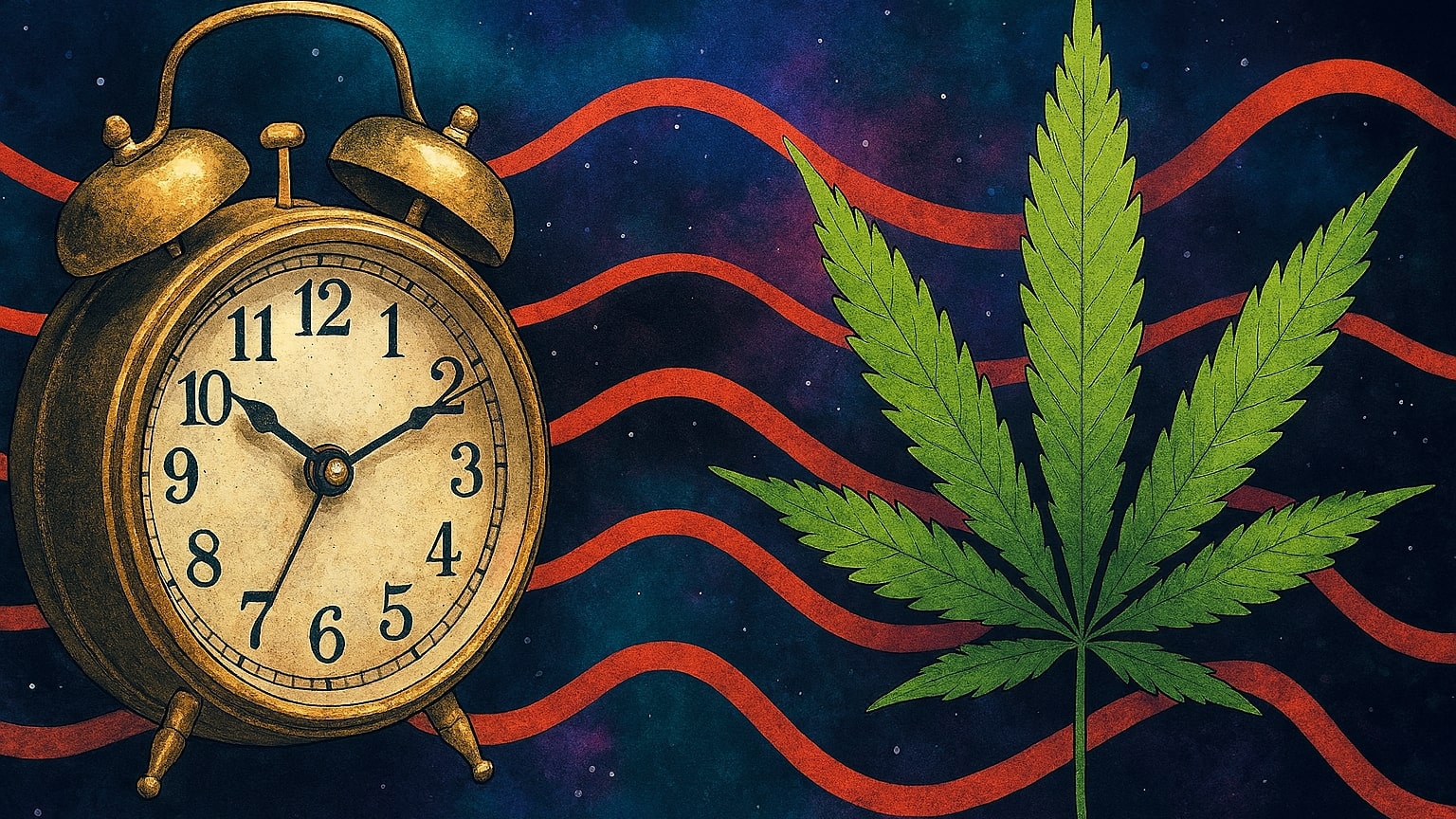
How long does the time distortion effect last when using marijuana?
The duration of the time-slowing effect when smoking cannabis depends on many factors. For some people, the feeling of “stretched minutes” disappears after an hour, while for others it can last much longer. This is due to both the dosage and individual characteristics of the body, tolerance, and the type of product consumed.
On average, the effect of marijuana on the perception of time lasts from 1 to 3 hours, but when using extracts or products with a high THC content, the effect can last up to 5–6 hours. To understand what to expect, you can use the average figures as a guide:
| Factor | Effect on duration of effect | Comment |
| THC content | The higher it is, the stronger and longer the distortion of time is felt | Strains with high THC levels enhance the psychoactive effect |
| Method of use | Smoking – quick but short-lived effect; food – slow but long-lasting | THC is absorbed into the blood in different ways |
| User experience | Newcomers feel the stretching of time more strongly | Tolerance reduces the effect |
| Mood and atmosphere | A relaxed atmosphere enhances perception | Excitement or stress can distort sensations |
It is worth noting that the time after smoking marijuana can subjectively seem both slowed down and fragmented—the brain focuses on individual details, losing the sense of the overall flow.
If a grower is just starting out, it is worth choosing cannabis seeds for beginners, which are characterized by moderate THC content and a milder effect. Such strains allow you to experience a slight sensation of time under the influence without causing an excessive disorienting effect.
Thus, cannabis and “time dilation” are natural reactions of the brain to the effects of psychoactive substances. Over time, the body adapts, and perception becomes more predictable. However, for many, this phenomenon is one of the most interesting and philosophical sensations associated with marijuana use.
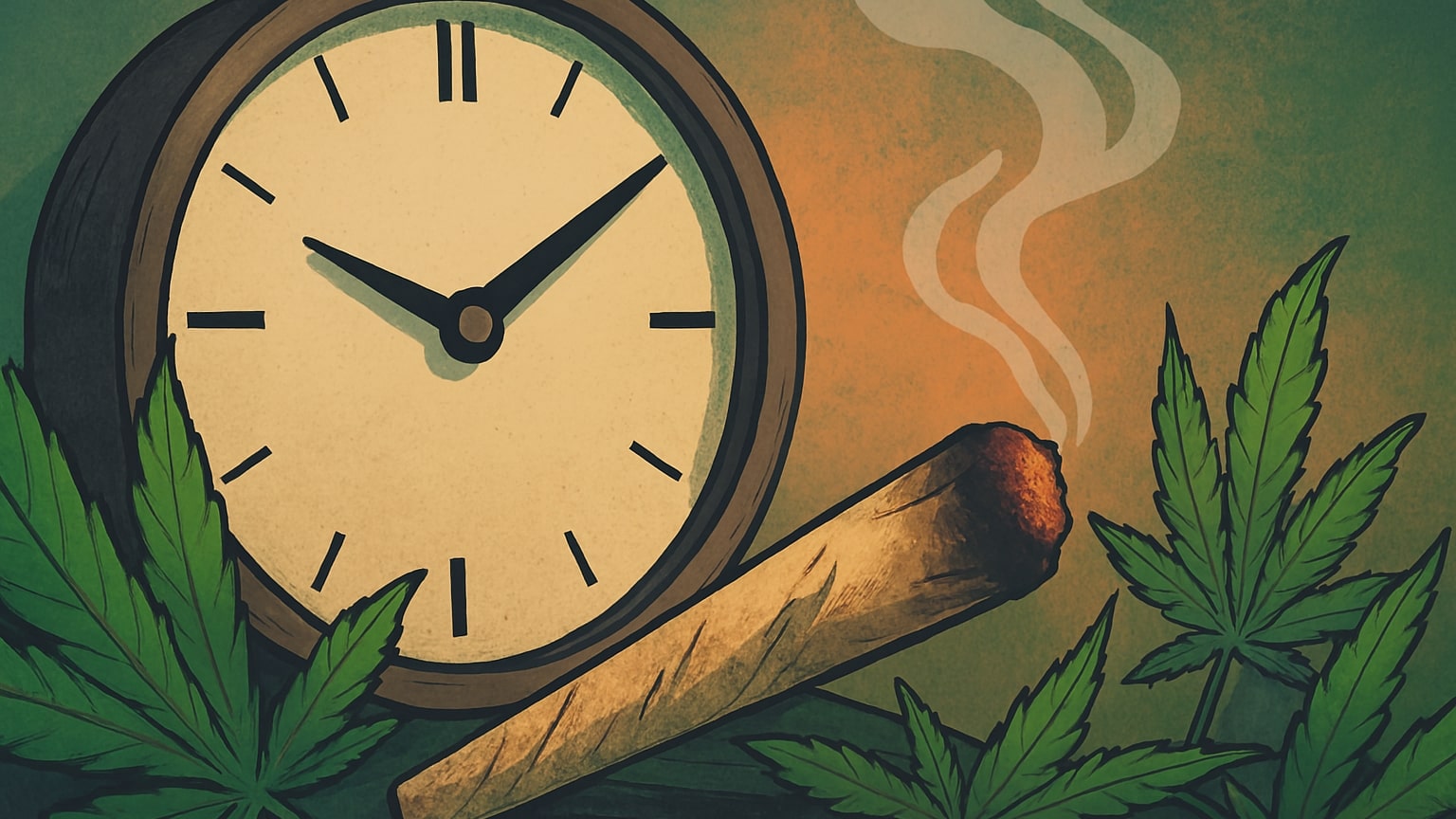
Attention! Errors Seeds does not encourage you to grow cannabis and does not assist in any way with this activity. Growing cannabis is prohibited by Ukrainian law. This article is for scientific and informational purposes only.
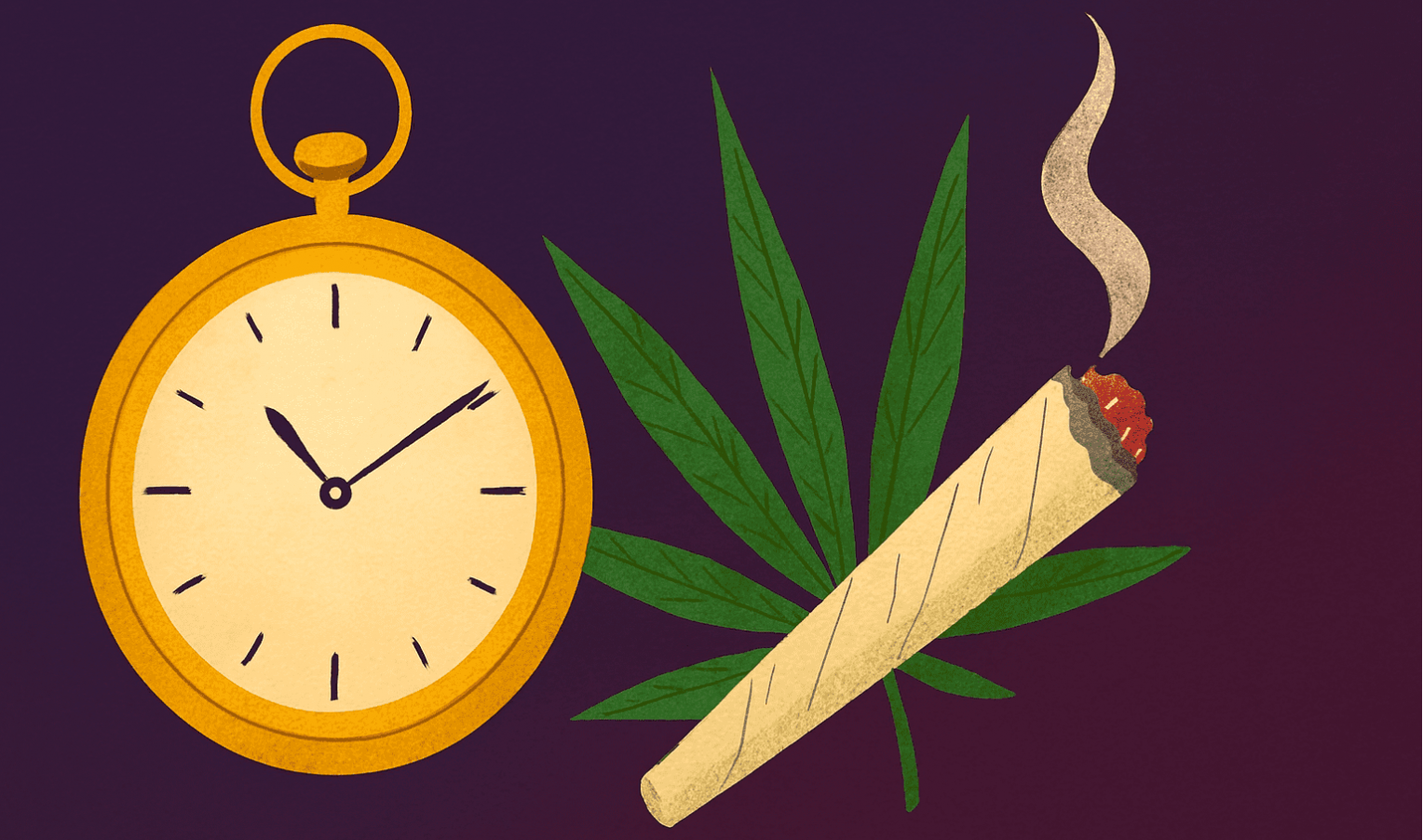
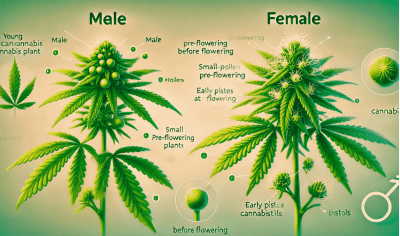

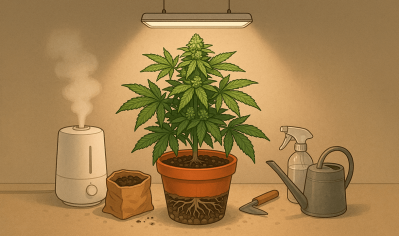
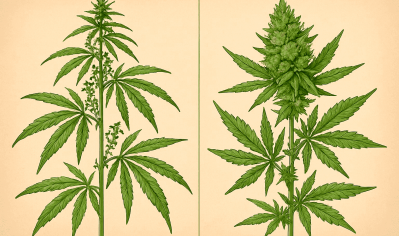
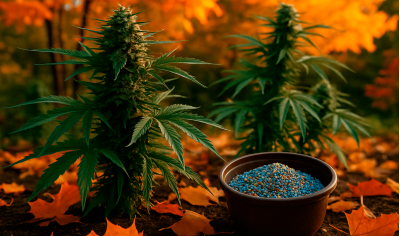
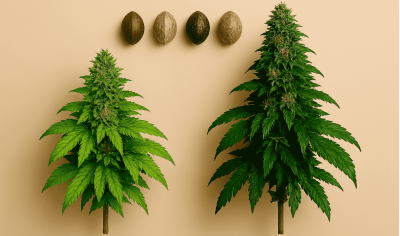
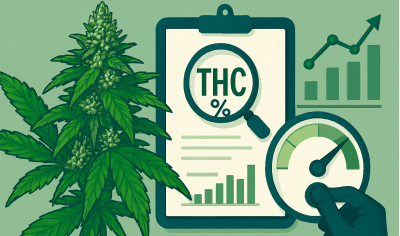

Write a comment